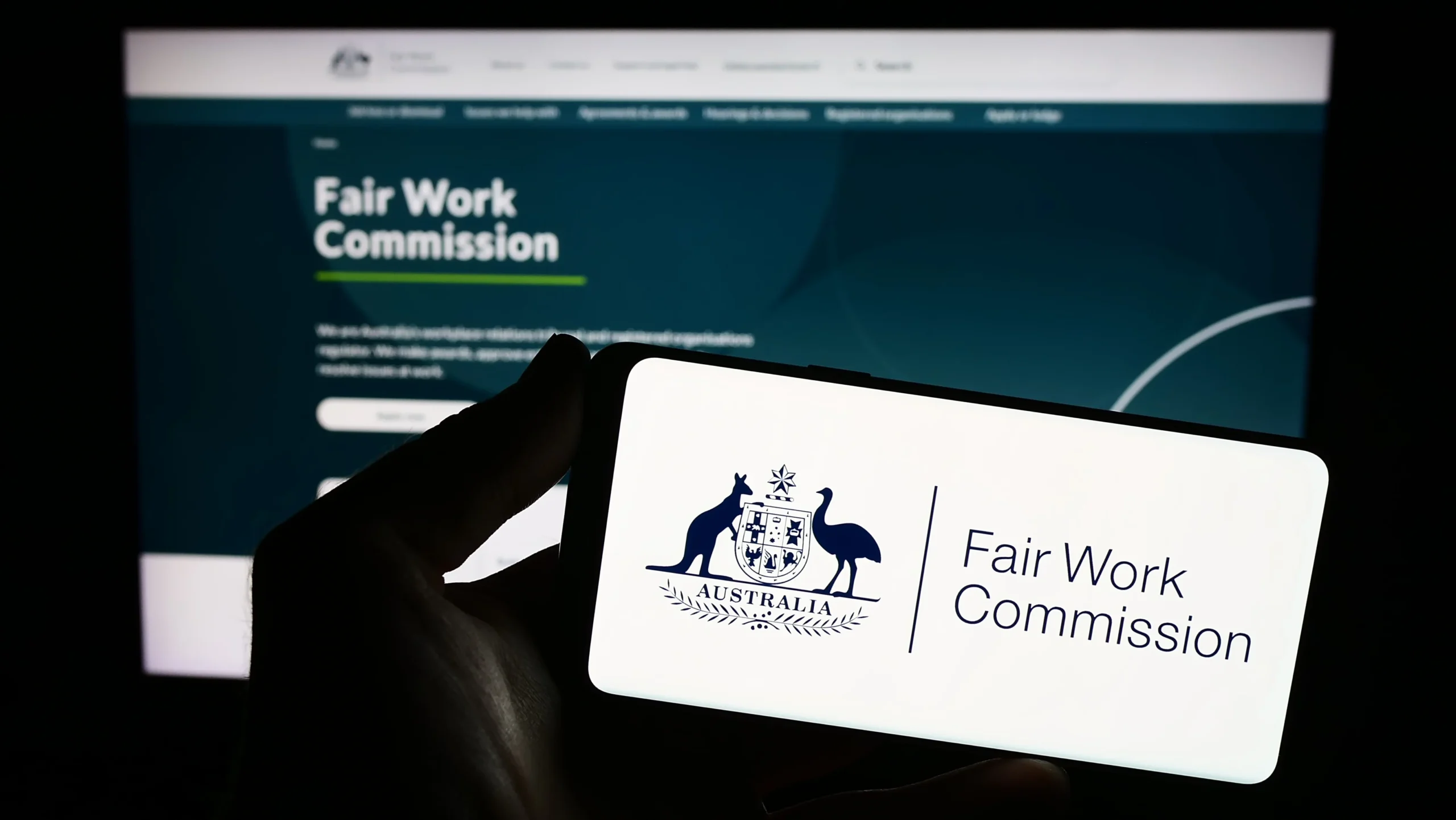
Registered Organisations update: 15 April 2025
Published on April 15, 2025 by Peter Punch, Tim Grellman and Wing Ho | 何宛穎律師
Model rules for Registered Organisations released: Big initiative by Fair Work Commission – A great (free) resource for unions
On 28 March 2025, the Registered Organisations Services Branch (ROSB) of the Fair Work Commission (FWC) published Model Rules for Registered Organisations on their website.
Carroll & O’Dea Lawyers, through Peter Punch (Senior Legal Counsel) as principal consultant to the ROSB on the project, played a major role in developing these Model Rules (as the FWC acknowledges in its announcement).
The publication of the Model Rules is of great benefit to trade unions and their officers and staff. The overwhelming majority of unions participate as registered organisations (or branches of them) in the federal registration system governed by the Fair Work (Registered Organisations) Act 2009 (Cth) (RO Act).
All such registered organisations and their branches are required to ensure their rules comply with the RO Act at all times, and that any alterations they make to them are compliant as well.
Why were the Model Rules produced?
Anyone who has been involved with making or altering organisation rules will be aware that the requirements of the RO Act and the processes for compliance are extensive and often quite complex. That is because the statutory scheme governing organisation rules has developed enormously since the federal system of industrial arbitration began in 1904.
It is quite a challenge for unions and their officers and relevant staff to navigate their way through this thicket of legislation, regulations and case law.
That is why the FWC completed this major project to assist stakeholders in the system of registration.
What is available to examine and use?
Currently on the ROSB site you can find two different sets of rules:
- A set of rules for a federated organisation (which has rules for the national body and rules for the branches).
- A set of rules for a unitary organisation (which does not have branches).
These sets of rules cover a large variety of topics typically found in the rules of an organisation, including rules that are mandatory and rules that the ROSB recommends are included.
Various “election” rules (which are destined to be included as “Appendix B” in each of the sets of rules) will be inserted into the site by the middle of this year, after consultations with the Australian Electoral Commission and stakeholders.
Every rule follows a standard format – first, there is the draft rule itself, followed by notes explaining the rule’s significance and function and giving guidance on its use.
How can you use the Model Rules?
We suggest you browse the site as soon as convenient, to see for yourself how the Model Rules are set out and work.
We are also available to explain to you how the Model Rules can be used by your organisation, or discuss whether particular Model Rules could be implemented in your ‘rule book’.
There are a number of ways the Model Rules can be useful for unions and their personnel with responsibilities for rules matters.
The major uses for the Model Rules, without being exhaustive, are:
- If someone is looking to get a union registered as an organisation, it will need to prepare a set of rules that complies with the RO Act. In that situation, the Model Rules give you a ‘stand up start’ with a full set of rules to use as a base for that task (even if you then have to modify some of them to fit the individual union’s particular needs or circumstances).
- If a union wants to alter its rules in any respect, it can consult the Model Rules to find what is in effect a template or precedent of particular rules that comply with the RO Act. These can be used by the union’s staff to guide them on what might be appropriate drafting for the union’s particular situation.
- The notes or annotations to each Model Rule provide explanations and comments, plus legislation and case law references that will assist anyone wishing to undertake research on organisation rules, either generally or for particular rules. It is undoubtedly the place to start research on these subjects.
We recommend that you take advantage of the Model Rules to guide you on any task you have in relation to organisation rules – we have no doubt the material will give you enormous assistance and answer many of your questions. It should help you considerably cut down research time and find precedents for drafting rules.
How we can help you
Carroll & O’Dea Lawyers has been acting for and advising registered organisations on rules and governance matters for many years.
Our Senior Legal Counsel and former partner Peter Punch was engaged by the FWC as an expert consultant to assist in developing the Model Rules when the project started in early 2024.
If you have particular issues or questions that are not fully answered by the Model Rules, which will sometimes be the case, our specialist staff are available to advise you.


